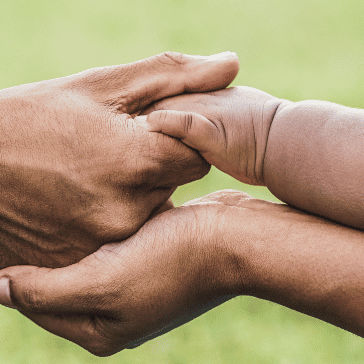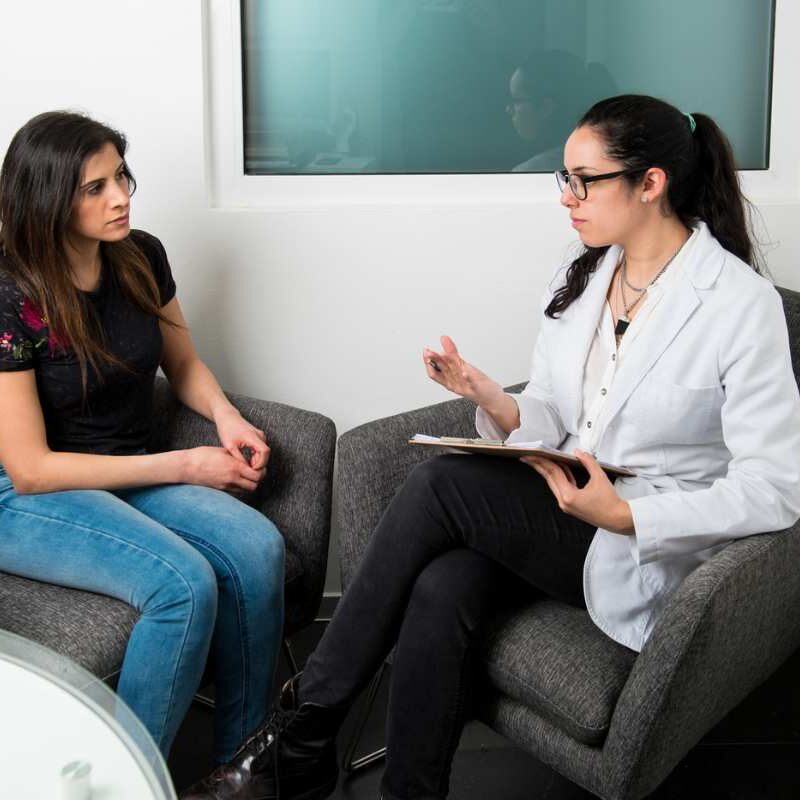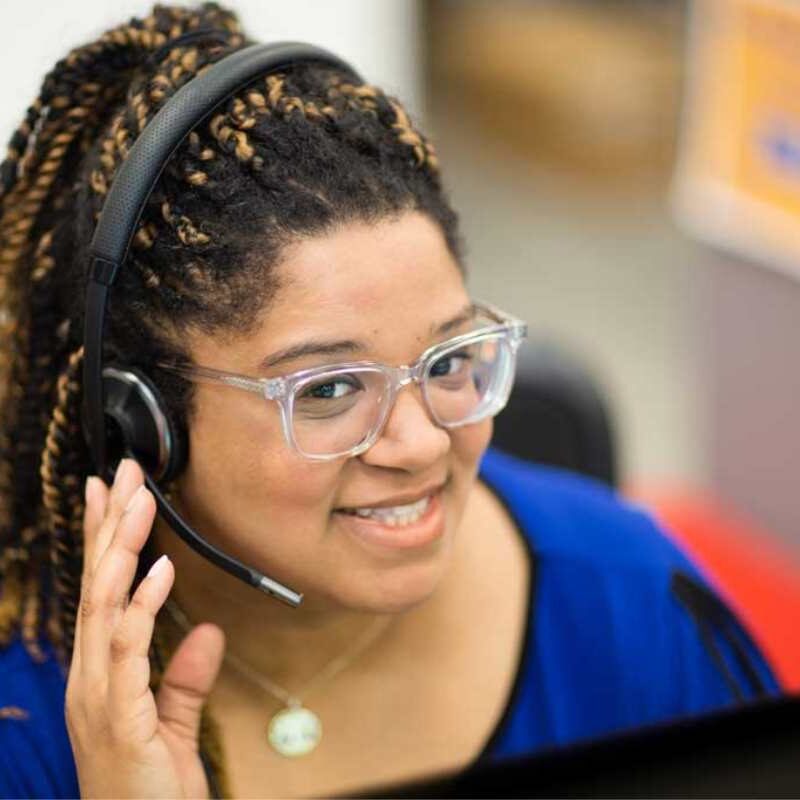
Family and Domestic Violence Support in Maryland
From emergency kits for domestic violence victims leaving a home quickly to legal assistance, free and confidential support is available. Domestic violence is never your fault. Get connected to domestic violence hotlines, community resources, and sexual assault support for victims of domestic and family violence. Learn the warning signs and find emergency shelters near you.
Also, learn about protective services for children and adults.



Emergency Shelter and Other Essentials
When fleeing a domestic violence situation, you may leave your home quickly and without the essentials. Programs are available to help with this.
The Maryland Network Against Domestic Violence offers support, including an emergency kit.
Mid-Shore Support
In Kent, Dorchester, Queen Anne's, Talbot and Caroline counties, connect with the Mid-Shore Council on Family Violence.
They offer 24/7 with:
- crisis intervention
- emergency shelter
- safety planning
- pet safety
- information and referral
- emotional support
- counseling and guidance
- legal services
![]() Call the Mid-Shore Council on Family Violence Hotline at 1-800-927-4673.
Call the Mid-Shore Council on Family Violence Hotline at 1-800-927-4673.
Hotlines for help
Common Domestic Violence Resources
Search the 211 Community Resource Database to find help. Enter a ZIP code to find help near you.

Warning signs
It may be hard to see the warning signs of domestic violence. The Life Crisis Center, which is a member of the 211 Call Center Network, provides support to victims. They outline progressive and controlling behaviors that you may see, including these signs of an unhealthy relationship:
- Control
- Isolation
- Sabotage
- Blame
- Criticism
- Alcohol
- Jealousy
- Anger
- Intensity
Learn more about these warning signs from The Life Crisis Center and get strategies for victims in a relationship with warning signs.
You can also call 211 to get connected to a local domestic violence service provider or call the 24-hour National Domestic Violence Hotline at 1-800-799-SAFE (7233).
Sexual Assault Help
Free and confidential help is available for victims of sexual assault. Connect with experts who can provide support, and know that a sexual assault is never your fault.
Get connected to resources.
Dial 2-1-1 to find support near you or reach out to a sexual assault hotline to get free and confidential information.
Free Medical Exams
Maryland's SAFE (Sexual Assault Forensic Exams) program provides free medical exams. The professionals are trained to work with survivors and will collect evidence, provide medical care, and offer HIV exposure consultation.
You can take a SAFE exam even if you don't want to involve the police in the situation. If you are a victim of a sexual assault, reach out for support. Search for SAFE programs in Maryland.
Rape Crisis and Recovery Center
Help is also available from Maryland's network of Rape Crisis and Recovery Centers. They provide crisis intervention and counseling. They will also go with you to the hospital, police interviews, and court.
You can dial 2-1-1 to find a center near you or visit the Maryland Coalition Against Sexual Assault (MCASA) website for a list of centers.
Legal help
MCASA also has a Sexual Assault Legal Institute (SALI), which provides comprehensive legal services to survivors. Learn more about the services they provide.
Child Abuse and Neglect
Child abuse and/or neglect can be reported anonymously to the local Department of Social Services or law enforcement.
In general, signs of child abuse and neglect may include:
- physical injury to a child, even when not visible
- failure to give proper care or attention
- leaving a child unattended where the child’s health or welfare is harmed or there is a substantial risk of such harm
- sexual molestation or exploitation
- impairment of a child’s mental or psychological ability to function
- finding credible evidence of physical abuse, neglect, or sexual abuse that hasn’t been satisfactorily refuted
If the state removes a child (under the age of 18) from their home, a legal process is in place to ensure the child’s safety and welfare.
Find local child protective resources in the 211 Community Resource Database or dial 211.
Adult Protective Services
The state also offers Adult Protective Services to anyone over 18 who lacks the physical or mental capacity to care for their needs. There are behavioral, social, financial and physical signs of abuse and neglect with vulnerable individuals and older adults. These may include:
- Confusion and forgetfulness
- Fear, helplessness, shame
- Isolation
- Violence or drug abuse
- Unusual bank activity
- Change in spending habits
- Unpaid bills
- Appearing dirty or unshaven
- Undernourished, dehydrated
- Untreated medical condition
- Cuts, wounds, bruises or other marks
- Unable to speak freely
- Violence or drug abuse
Learn about all the signs from the Maryland Department of Human Services.
Report suspected adult abuse to 1-800-91-PREVENT (1-800-917-7383).
The 211 Community Resource Database provides a list of adult protective services.

Dial 211
Talk to a caring and compassionate person 24/7. They can also connect you to resources.
explore assistance programs
Learn about benefit programs and how to connect with support.
